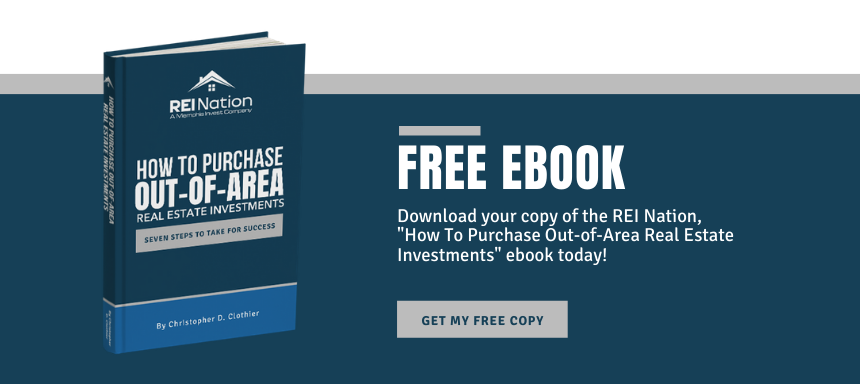
The mention of the word budgeting can dry up any conversation in record time. But hey! Finance is important, especially to real estate investors. Budgeting is one of those things we all have to do, no matter how tedious it can be. A solid budget and a close, attentive grasp on your finances is key to success as a real estate investor, after all!
When it comes to money management, there’s no room for cutting corners. In the real estate investment game, no matter what kind of investor you are, the unexpected can throw a wrench in your plans. Anticipating those moments with smart money management and budgeting means that you’ll be able to handle anything that gets thrown your way. As the year winds down, there’s never been a better time to start thinking ahead.
6 Important Budgeting Tips for Real Estate Investors
Anticipate Turnover Costs
In the real estate game, turnovers ain’t cheap. In fact, that transition period between tenants can be incredibly costly. Not only do you have to consider the maintenance tasks that are always necessary: new paint, new locks, sometimes new flooring...but you may look to bigger updates, or may find yourself dealing with a longer vacancy period than you anticipated. Remember to factor in when your tenant’s lease will be up, what you’ll need to have available to cover turnover costs, and break it up so that you’ll save enough money by the time the lease is up.
Don’t Skimp Where It Counts
When budgeting, remember to put enough towards your non-negotiables first. Yes, you could cut corners and go with a cheaper contractor or maintenance team this time. But will your property really thank you for it in the long run? Maybe you look at the cost of property management and think you can find a new team to do it for less. Here’s the thing: it’s never wise to trade quality services for a few extra dollars in your pocket at the end of the month. You’re investing in this services with the long-term in mind: not just short-term profits.

Use Solid Budgeting Software
Unless you’re working with accountant, don’t trust human hands with your budget. Human error can be disastrous to your finances. Invest in good budgeting software to help you keep a consistent, detailed record of everything. Quicken is one of the most-known and lauded programs out there, but don’t be afraid to research and branch out to find the sort of software that meets your needs. A good budgeting software can help you keep up with all the little costs that add up and can sneak under the radar, like due diligence costs, insurance, and taxes.
Mind Your Profitability
While it seems simple, remember to put focus on your profitability. That means thinking less like an investor and more like a business owner. Are you paying yourself first? Making realistic projections for the next few years? Are you mapping your year-over-year progress? You should be! With the idea that you want your investments to grow, you’ll be able to better plan for the future and learn from your past. Consider your financial goals for future and let your budget be a roadmap to that future, not just a gauge to see if you’re in the black or the red.
Be Forward-Thinking
Speaking of the future…
Successful real estate investors see the value in thinking ahead. They zoom out and look at the big picture. They plan for more than month-by-month expenses. They take into account how old their property’s roof is, they pay attention to appliance age, they anticipate the cycle of maintenance, inside and out their properties. They anticipate and research any and all renovations they want to make in the future. They plan ahead, save accordingly, and accomplish.
Remember Your Cushion
Even the best planners can be caught by surprise. Maybe your vacancy lasted longer than you expected. Maybe pipes burst over the winter. Maybe a tree fell on your property’s roof. Things can always go wrong that aren’t in our control and can’t be anticipated with a budget. So what’s an investor to do? Smart money management says that you build up a cushion. Gradually build up savings that are explicitly for covering unexpected circumstances. Once you have a good cushion built up, you’ll be able to handle anything that gets thrown your way without having to stress or panic.
No matter how you decide to budget, remember that budgeting isn’t a one-and-done process. It takes constant work. Check in. See where you’re on track or off and make adjustments accordingly. Learn from your budget. It will serve you well if you take the time to do it right.












